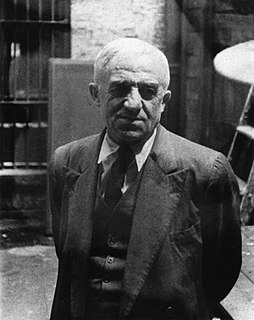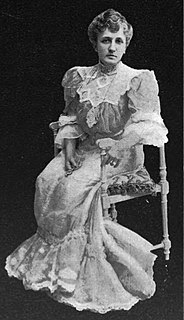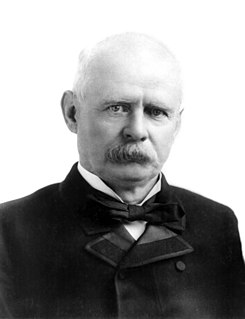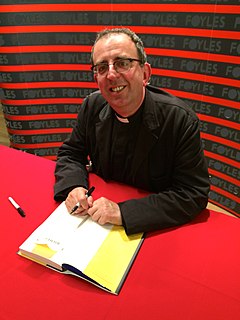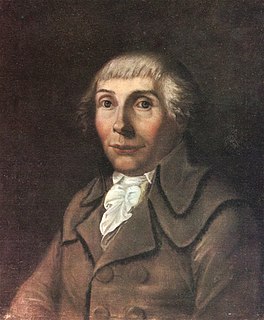A Quote by E. M. Forster
My law-givers are Erasmus and Montaigne, not Moses and St Paul.
Related Quotes
Faith, to my mind, is a stiffening process, a sort of mental starch, which ought to be applied as sparingly as possible. I dislike the stuff. I do not believe in it, for its own sake, at all... My lawgivers are Erasmus and Montaigne, not Moses and St Paul. My temple stands not upon Mount Moriah but in the Elysian Field where even the immoral are admitted. My motto is 'Lord, I disbelieve - help thou my unbelief.
In Romans 7, St. Paul says, "The law is spiritual." What does that mean? If the law were physical, then it could be satisfied by works, but since it is spiritual, no one can satisfy it unless everything he does springs from the depths of the heart. But no one can give such a heart except the Spirit of God, who makes the person be like the law, so that he actually conceives a heartfelt longing for the law and henceforward does everything, not through fear or coercion, but from a free heart.


